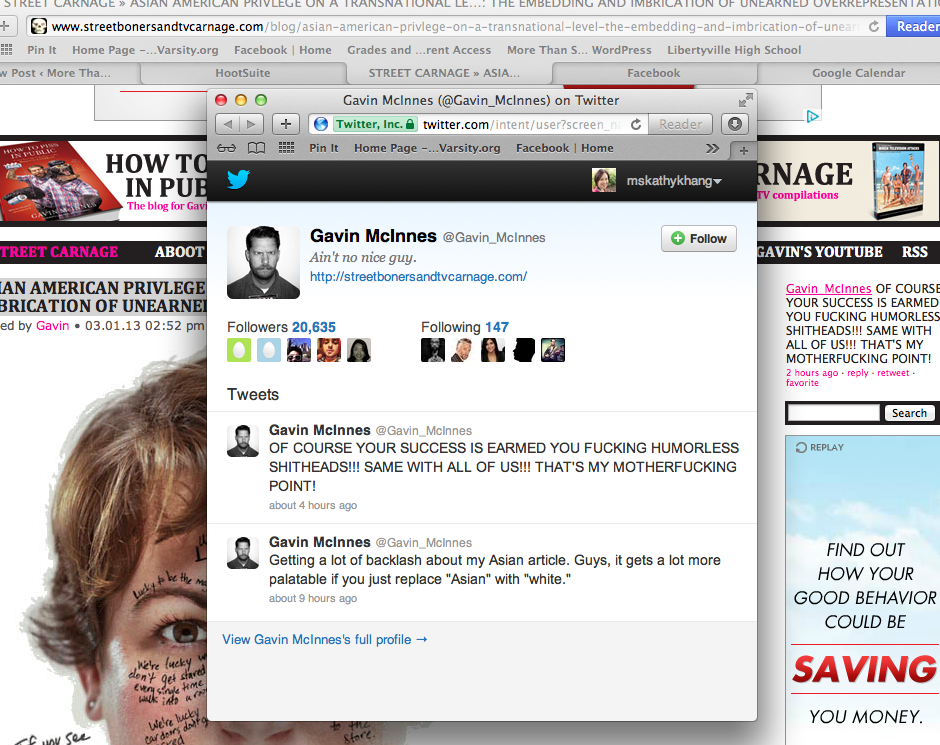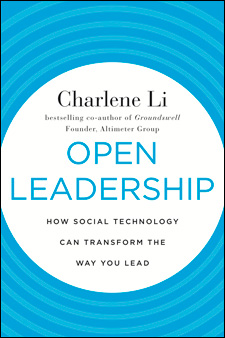I’ve had another quiet spell on the blogging front. Writing energizes me, but sometimes it just doesn’t happen for public consumption. The end of the year came and went, and Peter and I have spent quite a bit of time fixing the flaws to our calendaring system. If only our refrigerator had an iPad on it where our perfectly synced google and iCal calendars could appear in its rainbow glory.
This is a cheat blog post. The content appears in “Models of Ministry: Husband in the Workplace”, which is part of a resource developed for InterVarsity Christian Fellowship staff. It is linked on the staff website this month, which I didn’t know about until a few e-mails and Facebook posts alerted me to the fact that I had written something. While the following piece was written with InterVarsity staff in mind, I do believe that quite a bit of translates into a non-Christian ministry context. Every mom I know is a working mom, and for all of us parents, calendaring is a verb. I am deeply grateful for the opportunity to have a paying job that is personally satisfying and has made me a better mother. Not everyone gets to say that.
But parenting is not easy. I have plenty of stories of bringing sick children to lie on the floor during meetings I had to run or leaving a grocery cart full of groceries in the store because when I say, “If you don’t stop (insert unacceptable behavior), we are leaving the store” I am not making an idle threat. So being a part of an entire resource for and about working mothers for the organization I work for and with was hardly work.
(For those of you who only “know” me through this blog or the book I helped author, I am a full-time working mother – the regional multiethnic director for InterVarsity Christian Fellowship/USA and am based out of my pretty green home office. For more information please visit
www.intervarsity.org and if what you see makes you want to be a part of what I do, feel free to join my financial support team by going to
www.intervarsity.org/donate/to/kathy_khang ).
What were the key factors shaping your choice of model for ministry and motherhood?
I had already been in the marketplace for five years, gotten married and had my first child when I made the move to join InterVarsity staff. It never occurred to me that I couldn’t be a working mom just because I was going into campus ministry…until I realized there were so few of us.
What was most difficult or challenging about your choice?
Hands-down childcare was and continues to be the most difficult and challenging part of the decision because it affects my family and my personal development. Campus ministry doesn’t fit neatly into daycare hours, nor does the level of financial compensation fit easily into the cost of quality childcare. Overnight student retreats and staff meetings and travel have required constant negotiation with family, friends, supervisors and colleagues. And because my husband is not on staff, has a set schedule, and has limited flexibility and because taking advantage of any flexibility has a direct impact on our finances, figuring out how to manage two careers takes a great deal of energy, planning, communication and grace.
During my CSM days I was blessed by a wonderful group of students who watched my kids for free as their ministry to the chapter, freeing me up to meet with other students while they fed my kids jellybeans and McDonald’s and pored love and affection on them. But it was never easy or seamless.
My husband and I decided that we would do our best to schedule my job around his for very practical reasons – his job paid more. That meant staying part-time because the full-time job required three weeks at Chapter Focus Week as well as additional area, divisional, regional and national meetings that did not and could not offer childcare.
I made the choice to put personal leadership development and training on a much slower track in order to accommodate my family’s needs and time limitations. It also meant feeling like I had no choice but to say “no” to many wonderful opportunities to teach or be trained, and digging deep into fears that saying “no” too many times would mean the invitations would dry up. To be honest, some opportunities do dry up but others have come back around now that I am full-time and my children are all in school.
My childcare needs have continued to change as the kids have gotten older, entered school, added activities, etc. and as my roles and my husband’s career demands have changed. We are frequently at our desk with our calendars mapping out requests for time-off, adjusting doctor’s appointments, notifying the school and teachers to call Peter in case of an emergency because I am out of town. It has forced us to communicate better.
What have you valued or appreciated about your choice?
Being on staff with InterVarsity has been a gift to me and to my family. It has not been easy, and I often step back to make sure this decision is right for this time in my life and in my family’s life. The choice gave my husband and me a chance to put our values into practice and honor our marriage vows in tangible ways. Honoring one another in a two-career family has required some difficult, heartfelt, honest, conversations about ambition and opportunities and sacrifice.
I can still find myself envying staff couples who would serve their weeks at Chapter Focus week or attend staff conferences and still have vacation time to spend together. For us those situations have required us to either use my husband’s vacation time to stay home with the kids, for the family to come with me at our cost or for me to ask my supervisors to be excused from meetings, conferences and training. It has meant being sure of the calling but uncertain about the intensity or feasibility of pursuing that call at various points in our family’s life.
But all of those choices have in turn opened up an extended family to us. Alumni and fellow staff who met my children when they were young enough to nap in a carseat in the corner or stay busy with a few coloring books when I was able to attend meetings don’t see them as often but from a distance continue to watch Bethany, Corban and Elias grow up, and they have been blessed through a few key relationships developed through my years on staff. My kids look forward to Chapter Focus Week at Cedar Campus and talk about the various conferences and retreats, which to them have been mini-vacations with an ever-changing extended family.
It has also kept me honest and forced me to dig deep into my soul and then run to Jesus about my personal ambitions, frustrations, envy, calling and roles. There are roles and jobs I would be interested in pursuing, but I continue to need a job with some degree of flexibility because the public school system isn’t flexible and my husband’s boss’ vacation requests will always take priority over his.
What advice would you give to women as they’re considering what path is appropriate for them?
You need to do three things: pray, talk with your husband and find support. Whether you choose to stay on staff or leave, and whether or not your husband is on staff, you need to pray and sit at Jesus’ feet because there are many things motherhood will make you worry about. Whatever you decide you may have moments of regret, of feeling like you’ve lost a part of your identity, etc. Be with Jesus first.
And then talk with your husband. There is nothing as demanding as parenthood (well, maybe caring for an aging parent, but that’s another discussion), and I’m not close to being done yet. Your choice may be crystal clear so talk about it with your husband so that when the decision doesn’t seem so clear the patterns of communication are set and they are strong.
Pull out your calendars, know what your babysitter can or cannot do (Evenings? Weekends? Overnight care? Sick child childcare?) You will need to look at the realities of your schedules. How flexible is your husband’s career? How will his schedule look against your schedule work with consideration to childcare? How will scheduling demands affect your effectiveness? Will you or your husband run home from a meeting to pick up your kid from school because she has a fever? Will it always be you because your students will understand or will you take turns? How will you help your husband understand your job and InterVarsity when some of your donors or students don’t even understand all that you do and the importance of it?
How can you explain to your husband (and children) that the emotional intensity at the recent set of meetings means that even if you are “home” by 5 p.m. you aren’t really ready to get dinner ready before he gets home or to appreciate the dinner he made before you got home? The topics and scenarios are endless.
Nothing makes you look crazier than putting on a Wonder Woman costume every day. We are not supermoms and we’re not meant to do this alone. Don’t let the brokenness of our culture and our families isolate you and let you think you have to or should do this alone.
Find a mom’s group or a group of moms who may not have chosen your exact path but support you, pray with you and for you, ask you challenging questions that bother you until you have to go pray and journal. Find women who are single, widowed, empty-nesters from whom you can learn from and with whom you can also find a different audience for the things you’ve learned as well.
Oh, and let me add a fourth – don’t judge. Whatever decision you make, you know it wasn’t a piece of cake. You may not make the same decision as I did, but one decision isn’t better than the other.

 I grew up believing that taking advantage of the very best education money and hours of studying could get you was the key to the Asian American dream. There’s no doubt a strong education remains key but an Ivy League degree isn’t the only key. The world of social technology – the development and use of – is changing the way leadership and social power works.
I grew up believing that taking advantage of the very best education money and hours of studying could get you was the key to the Asian American dream. There’s no doubt a strong education remains key but an Ivy League degree isn’t the only key. The world of social technology – the development and use of – is changing the way leadership and social power works. Kathy Khang blogs at
Kathy Khang blogs at